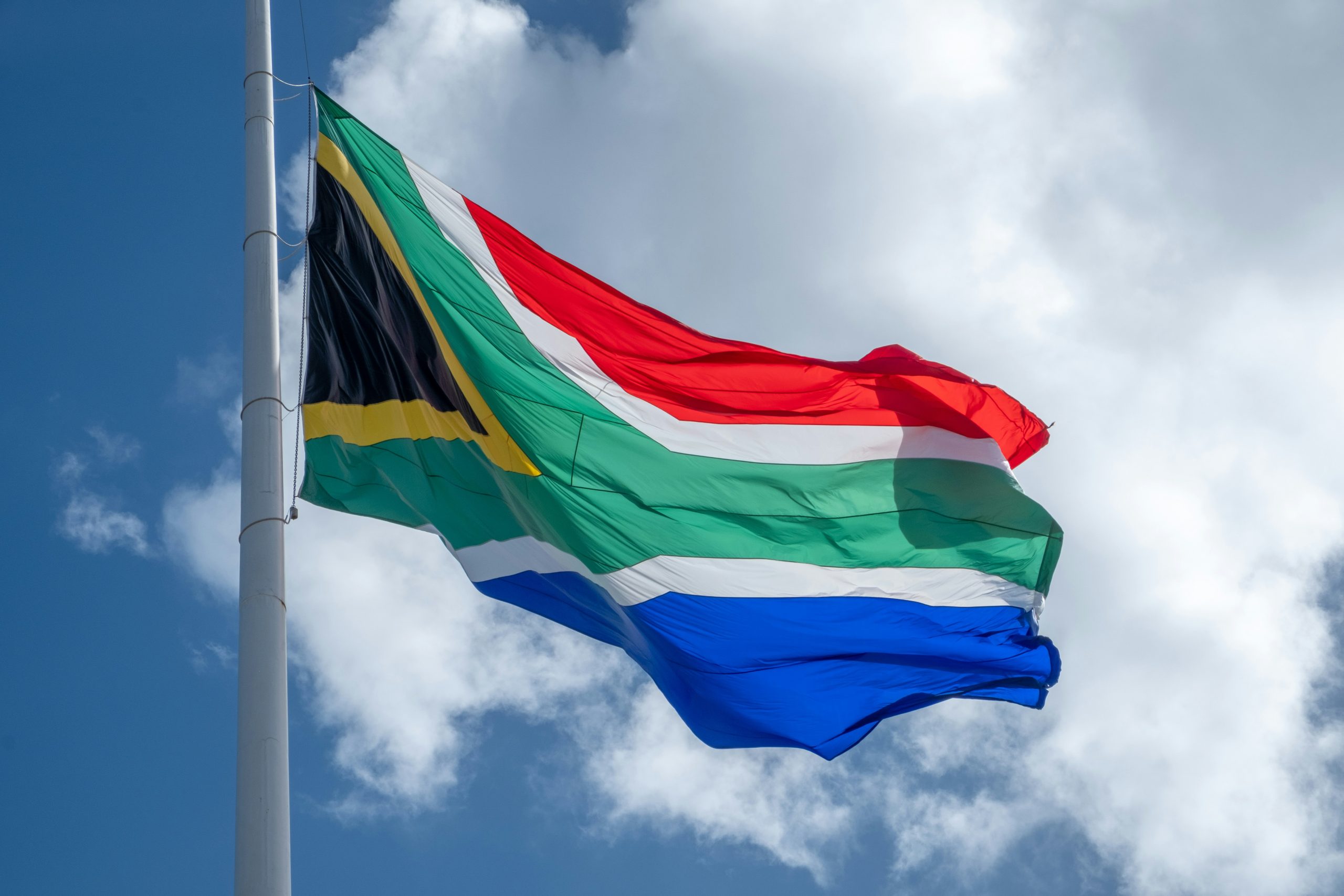I thought long and hard what to share with you in this edition, could there be anything besides COVID–19 of interest?
I could not come up with anything really. However, if you are looking for an overview about the various restrictions in place in some of the major African markets, then please continue reading. In this edition we focus on Nigeria, Ghana, Kenya, Mozambique, Namibia, Botswana as well as South Africa.
Firstly, the good news is that in most African states the number of infections is still relatively low. South Africa has the most infections with now around 1.500. However, even for South Africa the new cases reported each day for the last 4 days have been under 100 per day. At the time of writing, 3 April, Ghana reported 204, Nigeria 184, Kenya 110 and Mozambique only 10 cases.
One could see very clearly which African countries are more integrated into the world economy when looking at the date of appearance of the first cases. Nigeria was one, if not the first, country in Africa reporting a case, then followed by South Africa, Ghana and Kenya all more or less at the same time. Countries such as Namibia reported the first case about 2 weeks later and Botswana reported its first case only this week.
The vast majority of African countries have reacted fast and quite drastic to the virus. The closure of borders and international flights as well as schools were one of the first measures introduced. This was accompanied by public campaigns how to avoid contracting the virus.
The lockdown followed swiftly and therefore at a much earlier stage in the development of the virus, compared to Europe. Zambia started their lockdown on 26 of March. South Africa followed one day later. Ghana, Namibia, Nigeria and Zimbabwe followed end of March with similar measures, although Ghana and Nigeria only announced the lockdown for certain states, cities and not the whole country. Botswana only announced the lockdown on 2 April and Mozambique is expected to announce it today.
The duration of the lockdown differs quite substantially from country to country. Ghana, Nigeria and Zambia opted for 14 days, South Africa for 21 and Botswana even for 28 days. Of course, it remains to be seen, if the initial period will be extended.
South Africa announced on 2 April mass testing with mobile units. In April South Africa aims to be able to conduct up to 30.000 tests per day. We will also follow the example of South Korea and introduce location monitoring via cell phone for infected people. This measure is quite advanced and speak for the good health system South Africa has.
The vast difference between some African countries becomes apparent, when I spoke to our local office in Mozambique two days ago. Karin just came back from a trip to 5 pharmacies in order to purchase paracetamol and cough syrup. They were all out of stock.
When it comes to support of businesses however, all African countries fall dramatically short of any real tangible support. The inability to deliver fast, efficient relief through the government administration becomes awfully apparent. I do not even dare to compare our “support packages” to Europe. Yes, there is some basic relief for the unemployed, but the financial support is mostly capped at levels which make it hard to live. How poor Namibia really is, becomes drastically evident when looking at R 750 (approx. 40 EUR!) monthly support for each unemployed person. However, even South Africa’s unemployment insurance is capped to levels where professionals cannot even remotely maintain their living standards.
For our business there is no real financial support available. Yes, if we would close all operations, there would be, but we do not want to do this for the above-mentioned reasons. The financial hardship for our staff would be to big. Yes, we can delay 20% of our PAYE (income tax of our employees to be paid over to our tax authorities) for 6 months, but I have my sincere doubts if the systems of our tax authority will be able to accommodate such delays correctly without charging interest and their usual hefty fines. The government website on which smaller businesses can register for financial support was down for 2 days and our application could not be submitted for several days. Of course, since the successful submission we have not heard anything.
In the end most businesses in Africa will be on their own. The cash reserves are low, the support of governments will be small or extremely delayed in its delivery. Therefore, the economic fallout of this pandemic will be disastrous and the long term effects will be drastic. We can only hope that the duration of the economic shut down will not be extended past the initial periods.
Stay updated by signing up for our newsletter HERE.
Want to speak to an expert regarding your immigration needs, contact us!
By Andreas Krensel

Andreas Krensel Immigration Expert



